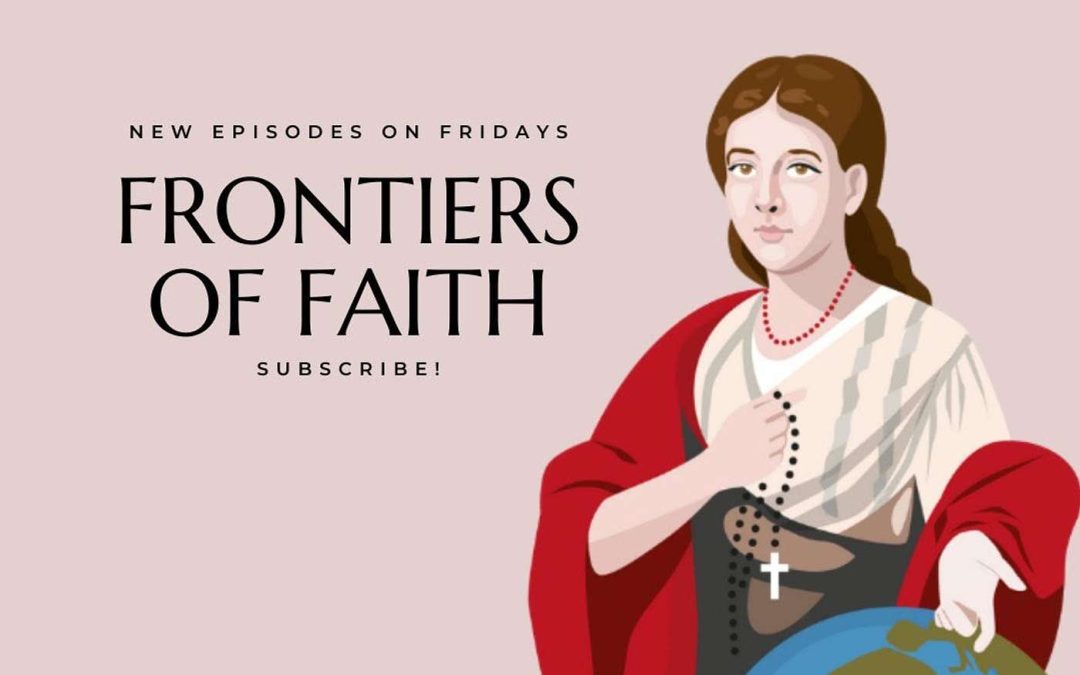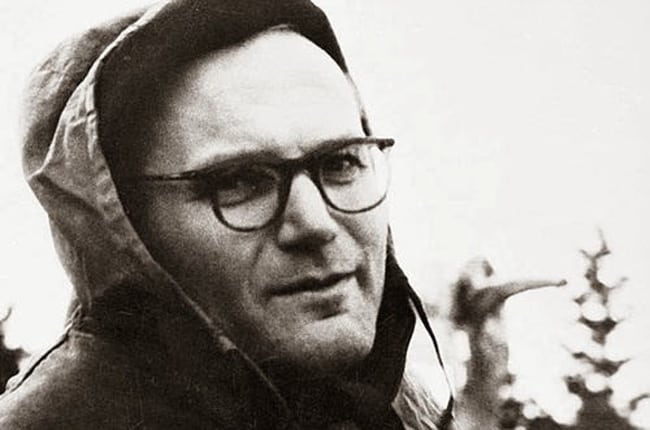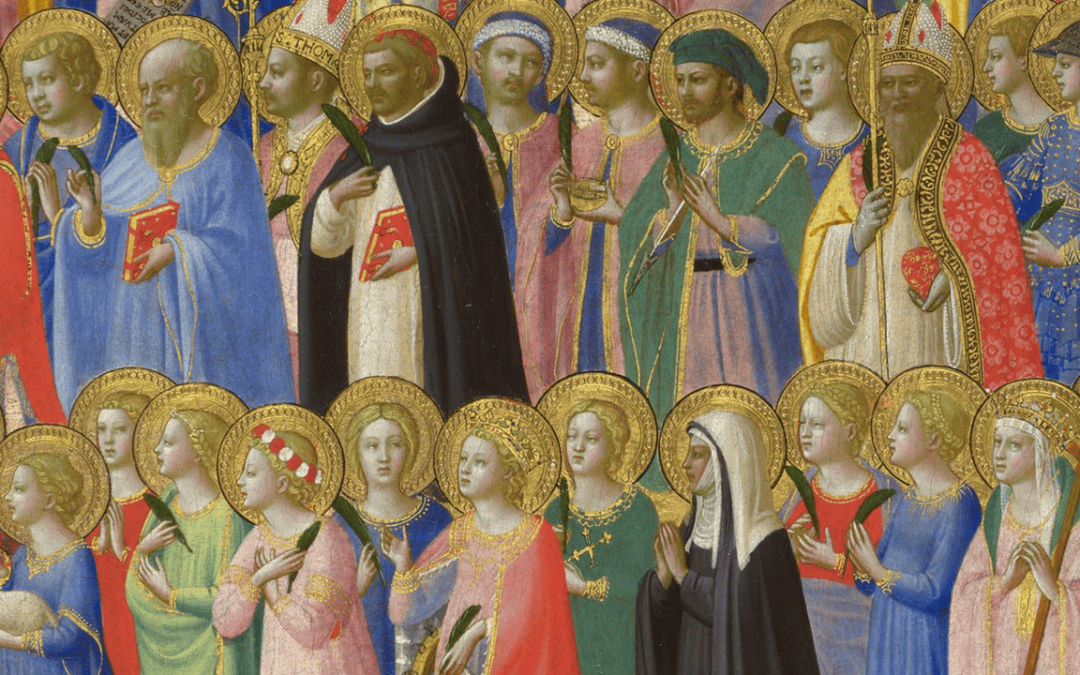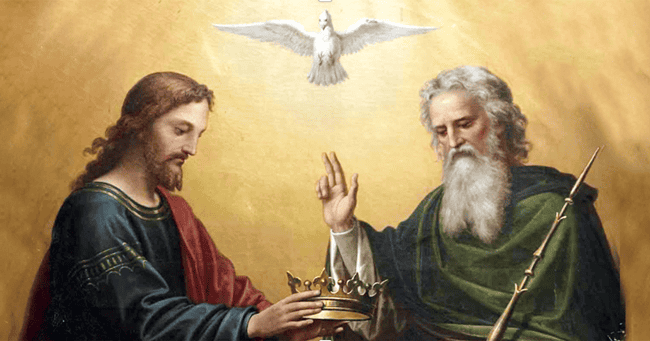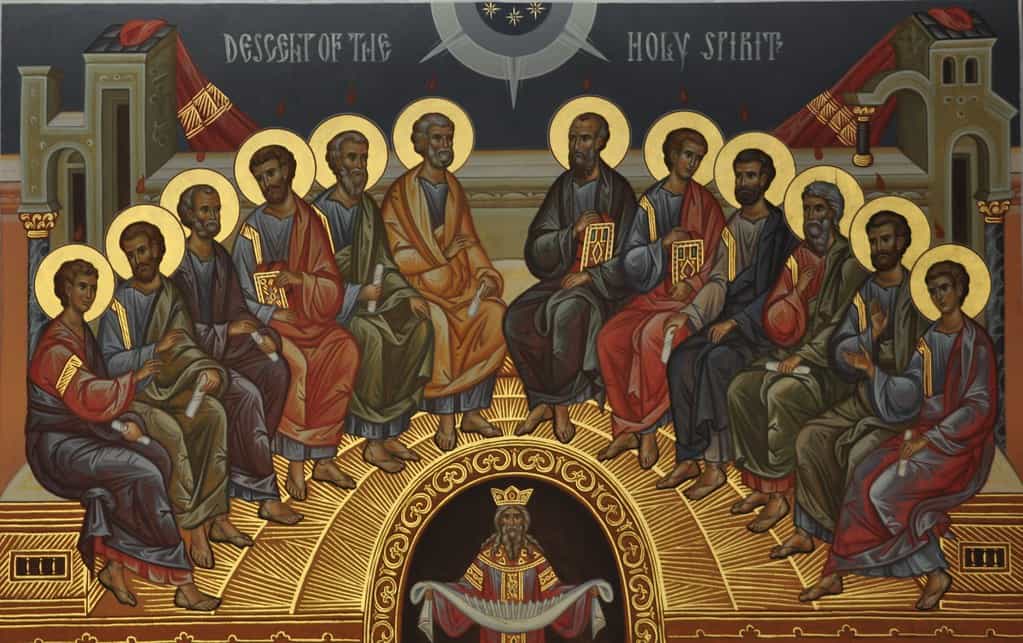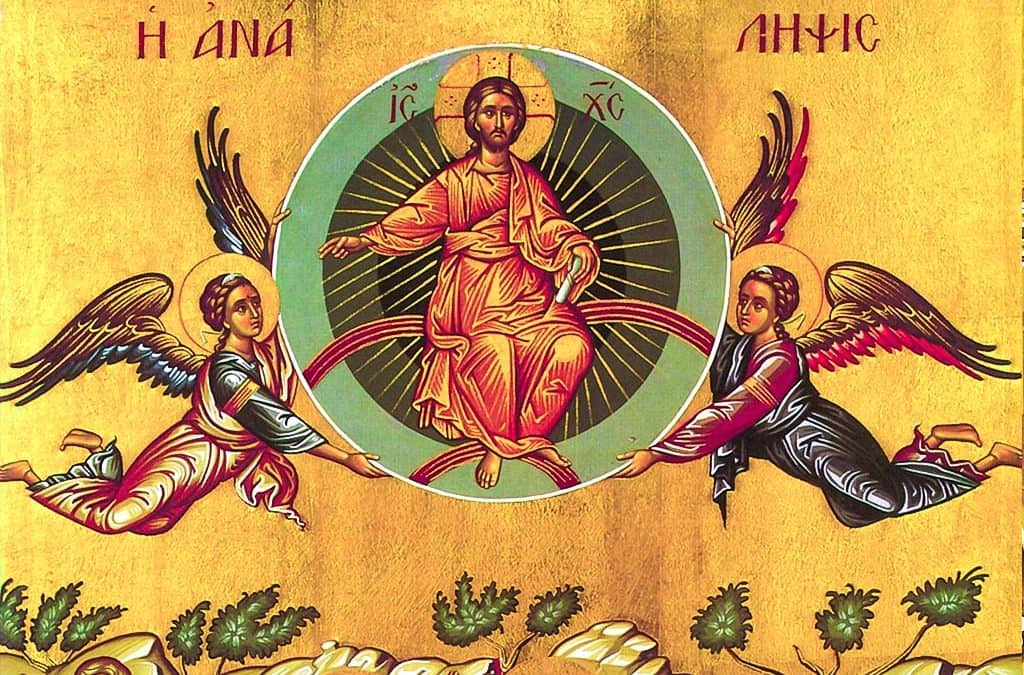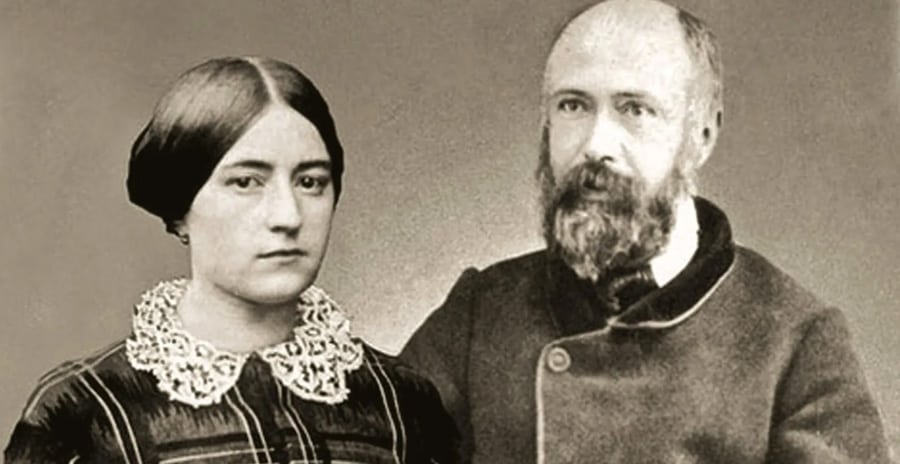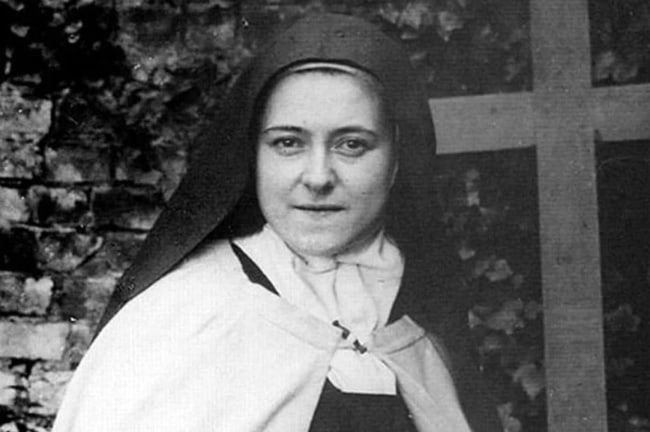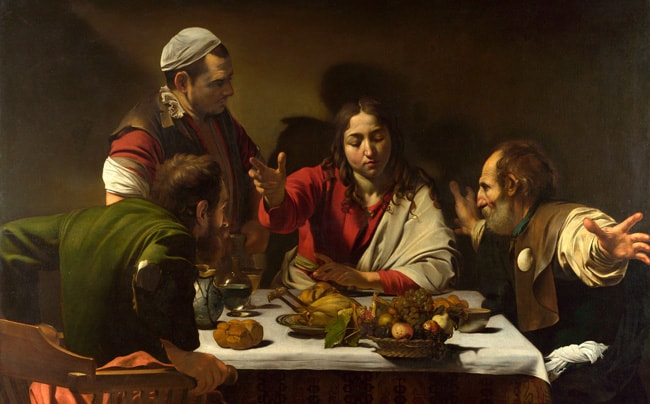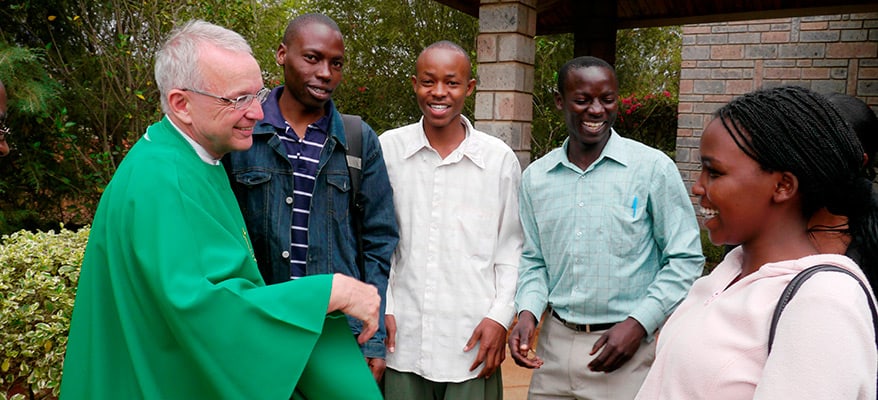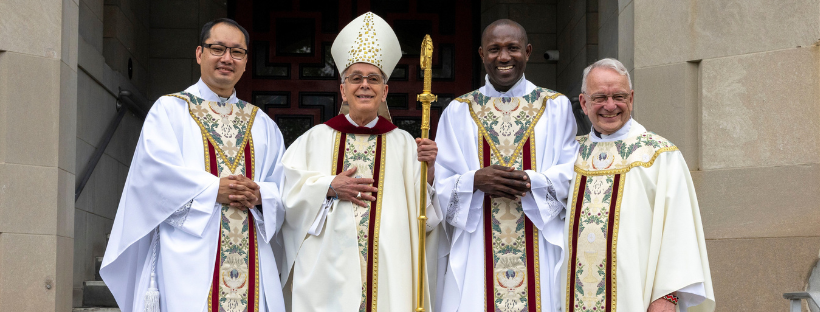The narrative from Luke’s Gospel of the journey of two disciples to Emmaus is well known and loved (Lk 24:13-35). We can imagine the scene: two men are walking; they are dejected, sad, and overwhelmed by recent events. Jesus, their dear friend and presumed messiah, met with a terrible end: an ignoble death by crucifixion on Calvary. There is nothing else to do: leave Jerusalem; return home to Emmaus; begin life all over again. That chapter of life has been permanently closed!
As the two dejected pilgrims walk in sadness, a stranger joins them and asks the subject of their conversation. They are in disbelief, and Cleophas wonders how the man could not possibly know about recent events in Jerusalem, in particular, the death of Jesus. The disciples express their profound disappointment, noting that they had hoped that Jesus would liberate Israel. Yes, they had hoped, but all such messianic expectations are now a thing of the past, gone forever.
Jesus’ “Pastoral” Approach. We observe that Jesus seeks out his grieving disciples; he walks with them, listening to their story. Then, he assists them by shedding light on their experience, drawing on the insights of Scripture—from Moses and all the prophets. Although they had heard these biblical narratives frequently, they were still slow to believe. Jesus even upbraids them, calling them “foolish men” who are “so slow to believe the full message of the prophets.”
By now they have reached Emmaus. When Jesus shows his intention of going on further, the disciples press him to stay with them for the night. Then, at the evening meal Jesus takes bread, blesses it, breaks it, and shares it with them. Finally, their eyes are opened; they recognize that this friendly stranger is none other than Jesus himself! What a stupendous discovery!
Reactions of the Disciples. Their “blind” eyes are opened. They admit to each other that their hearts were on fire as they listened to Jesus on the road. They knew it was Jesus though the Eucharistic action of taking, blessing, breaking, and sharing. Surprisingly, they retrace their steps and return to Jerusalem to share their “Jesus-alive” experience. Significantly, they undertake this perilous seven-mile journey in the dead of night! Two difficult Jerusalem-Emmaus journeys on the same day! No waiting until the next day to share this astounding news!
Sharing the Emmaus Experience. Admittedly, we often seem to blindly walk without hope, burdened by our problems and disappointments, failing to recognize that Jesus is actually journeying with us. We need the proclamation of Scripture and the celebration of the Eucharist (the two parts of the Mass) to open our eyes to recognize Jesus’ presence! This “Jesus-experience” will lead us to proclaim Him to others—even in the night darkness of our contemporary world. We seek to enflame others’ hearts with the good news that Jesus lives!
Succinctly stated, the disciples’ Emmaus experience is truly our own experience as missionary disciples!
James H. Kroeger, M.M.
Emmaus
Forgive us for fleeing, Lord Jesus,
when your death on the cross robbed
our souls of hope, our minds of peace.
We had so wanted to believe you were
the one to restore God’s reign in
our sad and broken world.
Forgive our blindness, Lord Jesus,
when we refused to recognize you
in the fellow pilgrim on the way.
Yet oh, how our hearts burned within us
when our mysterious companion
opened the scriptures to us and showed
it was not all some terrible, tragic mistake.
As darkness descended and evening fell,
we invited you to abide with us.
And then at table you blessed and
broke the bread and opened our eyes
to the earth-shattering truth:
Jesus Christ Crucified and buried
is risen from the dead as he said.
Overflowing with irrepressible joy
and heedless of the danger
we run back to our friends still fearful
announcing the Dawn of a new day.
Alleluia! Amen!
Prayer by Father Joe Veneroso, M
Photo: Maryknoll Sisters at Selma, March 7, 1965. (Photo courtesy of Maryknoll Mission Archives)
